[UPDATE – Sep 26th – 16:25Z] France will not let Lebanon down – source close to Macron.
France will not let Lebanon down, a source close to French president Emmanuel Macron told Reuters on Saturday, following the decision of its prime minister-designate to quit after trying for almost a month to line up a non-partisan cabinet.
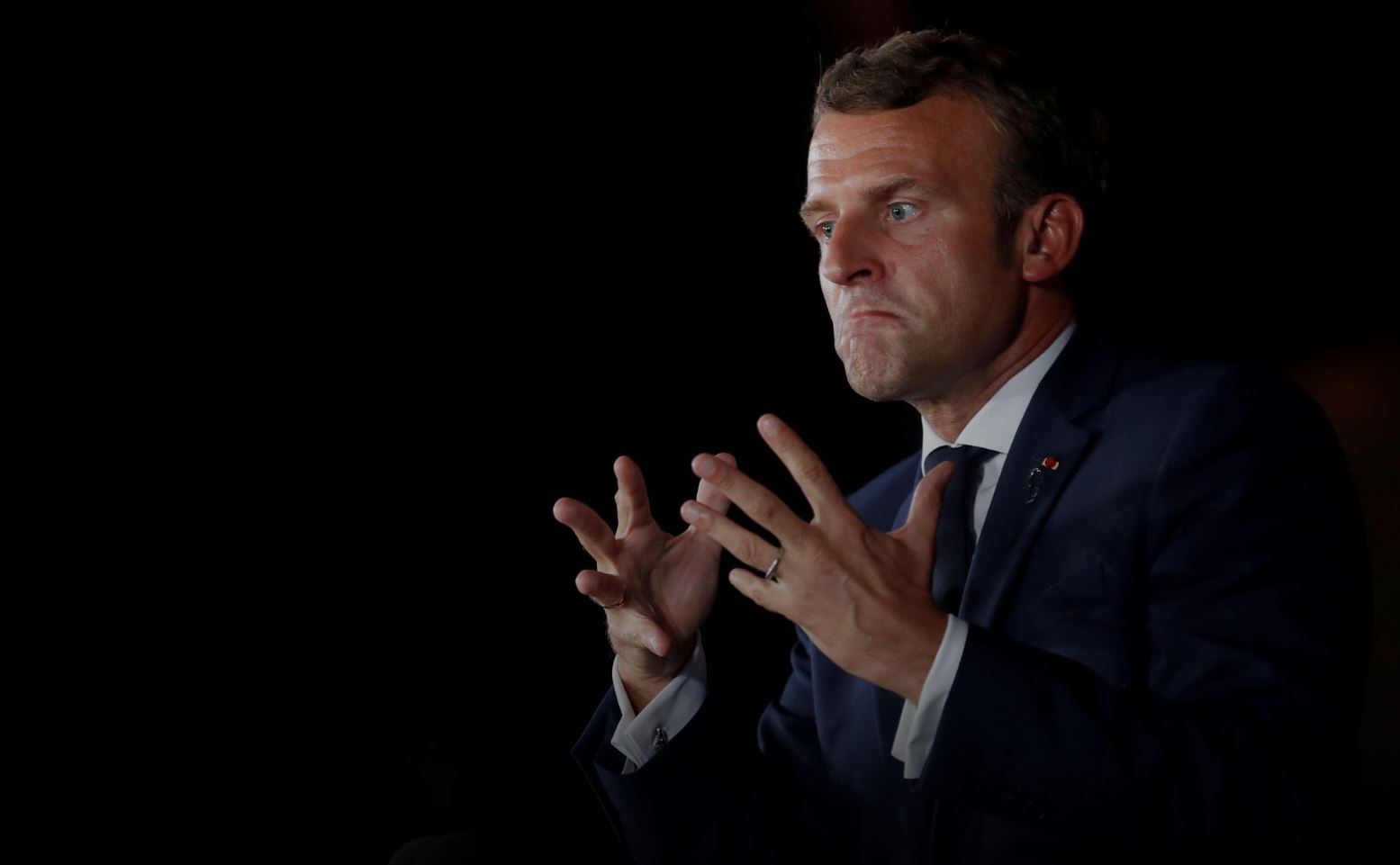
French President Emmanuel Macron gestures as he attends a news conference at the Pine Residence, the official residence of the French ambassador to Lebanon, in Beirut, Lebanon September 1, 2020. – Photo Reuters
“Lebanon’s Adib stepping down amounts to a ‘collective betrayal’ by Lebanese political parties,” the source said. The source also said Macron would make a statement at a later stage.
***
Mustapha Adib, who was appointed by the Lebanese Parliament less than a month ago to the post of prime minister, has resigned from his post amidst the deadlock over the formation of the new government of the Middle Eastern country.
The office of the Lebanese presidency reported on Twitter that Mustapha Adib had told Lebanese President Michel Aoun during a meeting at the presidential palace that he had decided to resign from the mission of structuring a government formation.
The Lebanese prime minister-designate thus left his post just at a time of political deadlock installed in view of the need to establish a new executive following the economic and political crisis that the country of cedars is experiencing, and after the serious explosions that the port of Beirut suffered due to the improper storage of chemical substances and which left over 190 dead and around 6,000 injured.
“I apologise for not continuing the task of forming the government,“ Mustapha Adib said in a televised speech after meeting Lebanese President Michel Aoun at the Baabda Palace.
Adib, who was previously ambassador to Germany, was appointed head of government at the end of August with the aim of setting up a new government to govern the country. The last Lebanese Executive, led by Hassan Diab, resigned following the aforementioned event in the port of the capital on 4 August.
Meanwhile, the country is also experiencing a very complicated economic crisis linked to the sharp devaluation of its currency, which has lost 80% of its value since October, and inflation, which is over 50%.
Lebanon is characterised by a political system of quotas linked to religious denominations. The main positions in state and government leadership are allocated according to pre-established divisions according to the different religions professed in the country. According to this model, a Sunni Muslim must hold the post of prime minister, while the national presidency is given to a Maronite Christian and the president of the parliament must be a Shiite Muslim.
Mustapha Adib’s resignation is a setback following the efforts of French President Emmanuel Macron to break the political deadlock of a nation in the throes of a major financial, political and social crisis. Adib had received the support of France, Lebanon’s former metropolis, to design a new cabinet made up of technocrats or independent professionals who were to be entrusted with the task of carrying out far-reaching reforms in the face of the current Lebanese political system, which has long been criticised for the corruption installed.
Electing a government in this manner became a difficult mission in a country where power is shared between Muslims and Christians and political loyalties tend to follow lines dictated by the leaders of different religions.
Appointing someone as finance minister has been especially problematic after the country’s main Shi’a groups, Hezbollah and Amal, expressed deep interest in the Ministry of Finance. The two groups also proposed other Shiite ministers for the new executive and attacked the way Adib was shaping the government team. Mustapha Adib held several meetings with senior Shiite politicians, but failed to reach an agreement on how the finance minister would be chosen. In this scenario, the Shiite leaders feared they would be marginalised as Adib sought to reorganise ministries, some of which have been controlled by the same faction for years. Just this week, the now former prime minister warned of the worsening and deepening of the crisis owing to delays in the formation of the government. The efforts have not been sufficient for Adib to succeed in forming an executive of technicians in the face of the insistence of the political parties on maintaining their ministerial quotas.
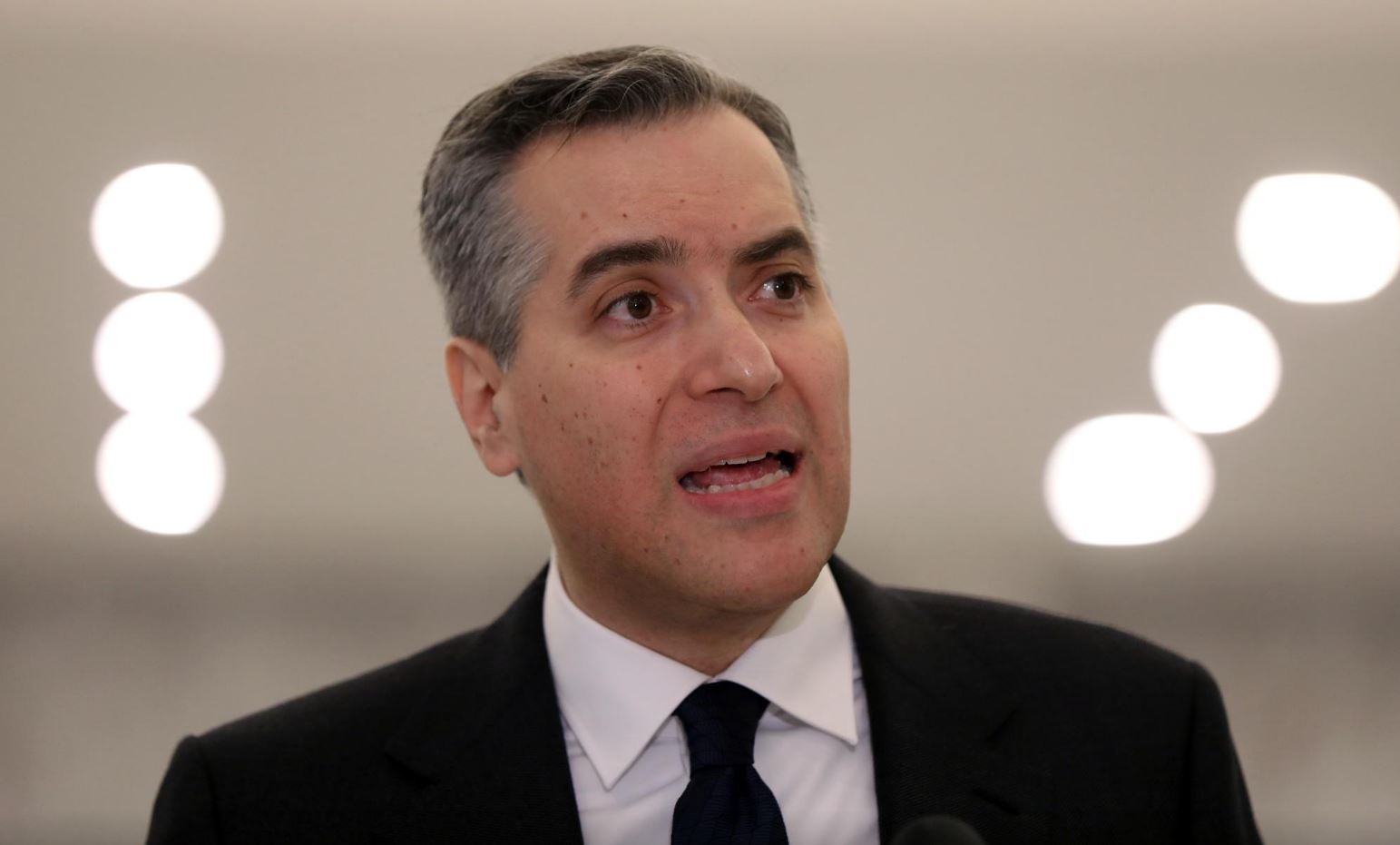
Lebanon’s Prime Minister-designate Mustapha Adib speaks at the presidential palace in Baabda, Lebanon, September 26, 2020. REUTERS/Mohamed Azakir
President Michel Aoun himself joined the former prime minister’s initiative and proposed eliminating the sectarian quotas for the ministries, directly accusing the Shiite groups of Amal and Hezbollah of hindering the establishment of the government.
“If the government is not formed, we will go to hell,” Aoun himself stressed at a press conference.
Precisely, the formation of Hezbollah was once again in the eyes of the international community a few days ago following the explosion of an arms depot located in southern Lebanese territory and attributed to the Shiite militia, which has been accused for years of intervening decisively in the affairs of the Lebanese government to control the national leadership and of being at the orders of the major sponsor of the Shiite branch of Islam in the region: the Islamic Republic of Iran. One regime, that of the ayatollahs, has been singled out in recent months for destabilizing the region with its belligerent policy and interference in the affairs of neighboring states.
Sources: DiplNet – Reuters – France24
Read Also :



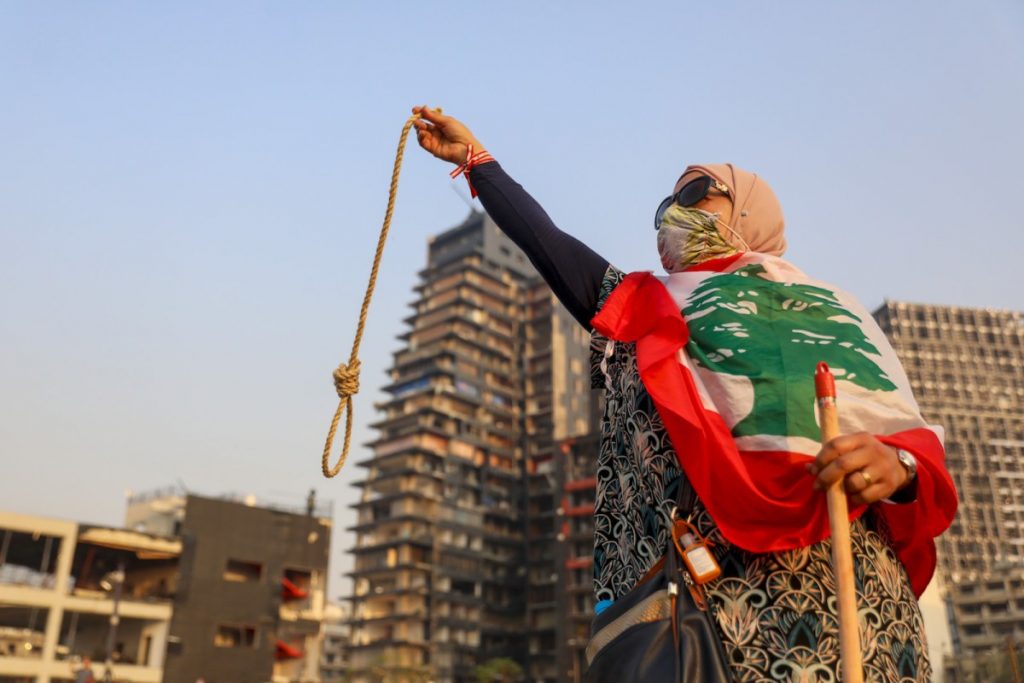






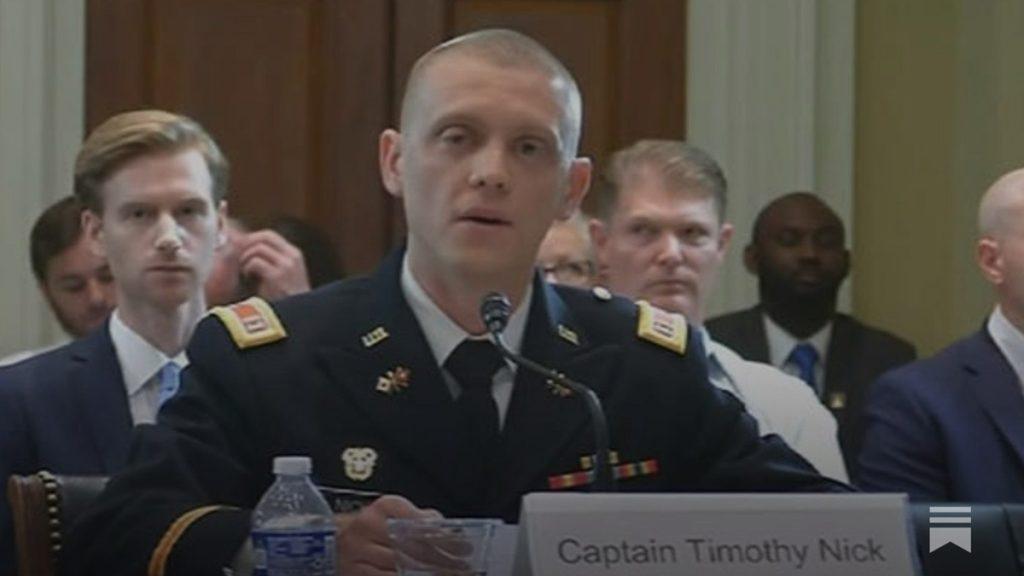
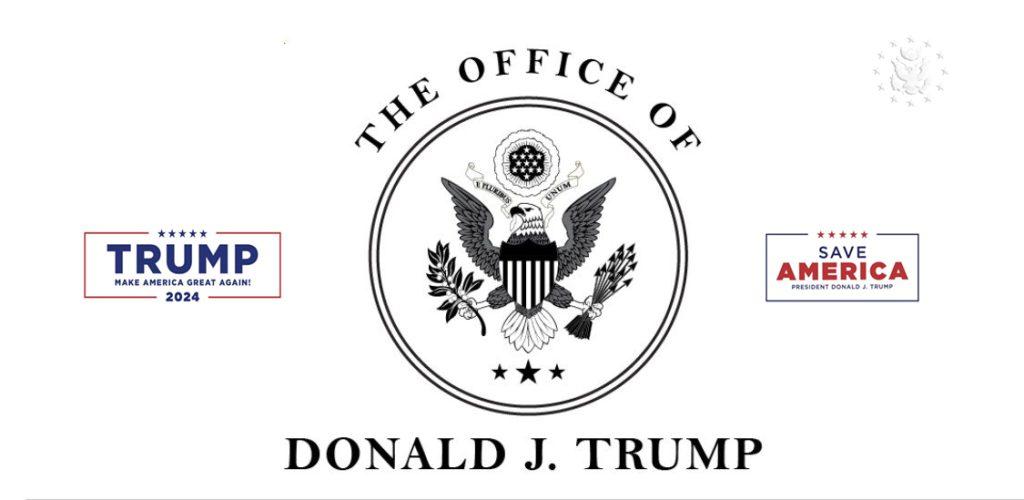
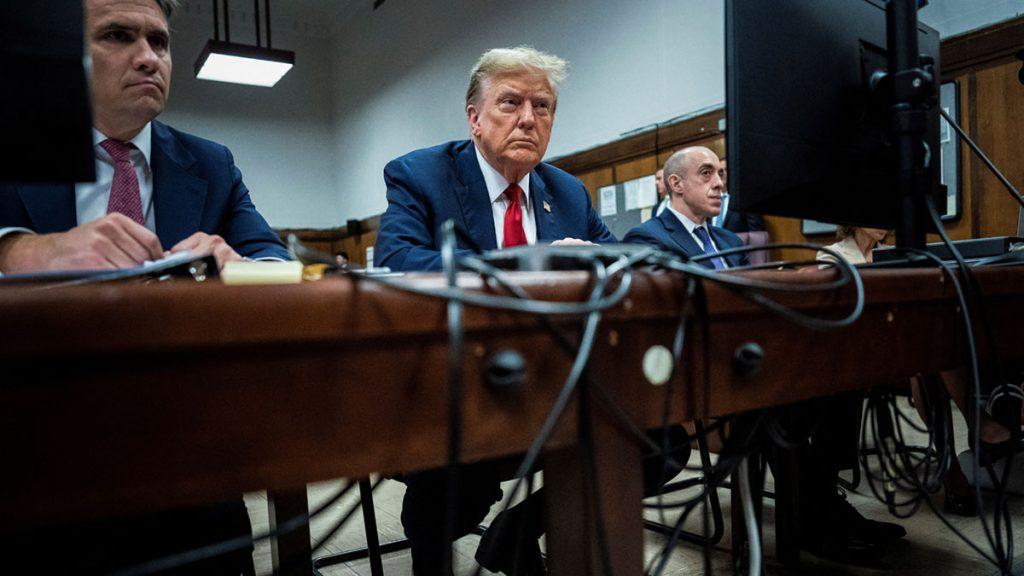
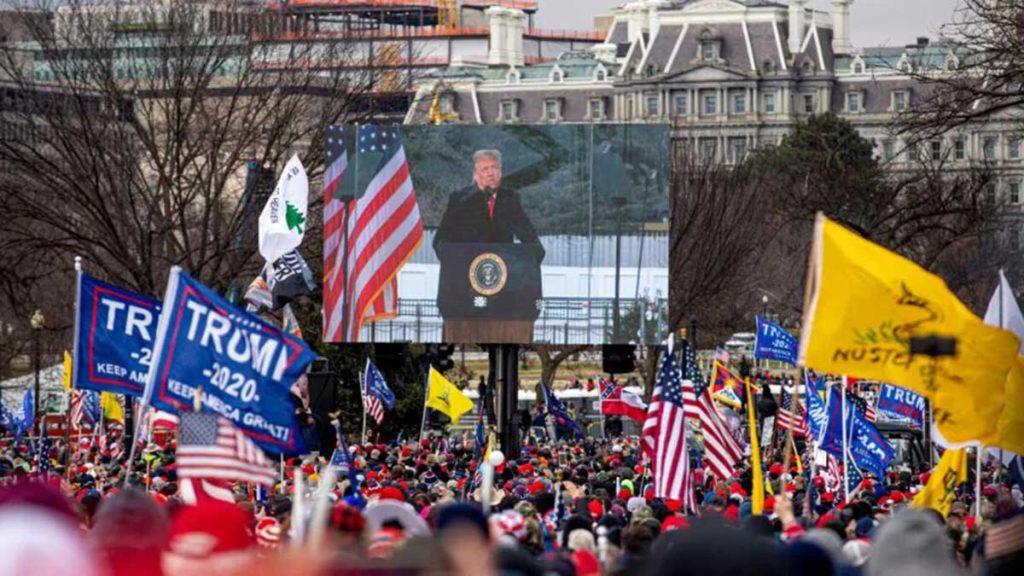




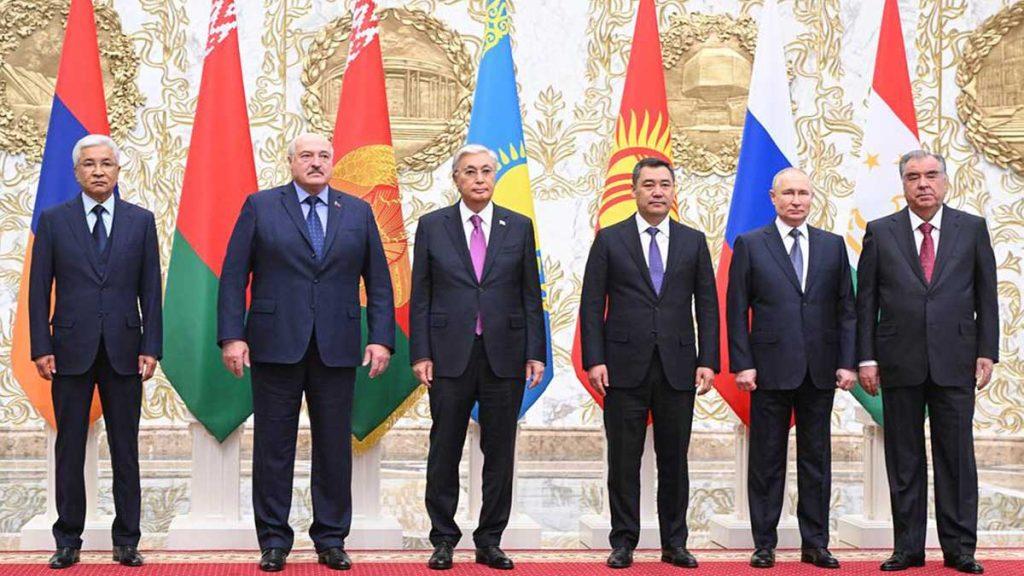
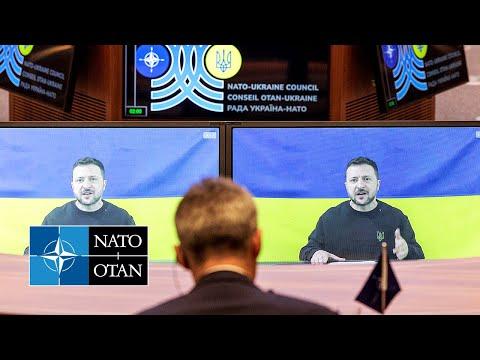

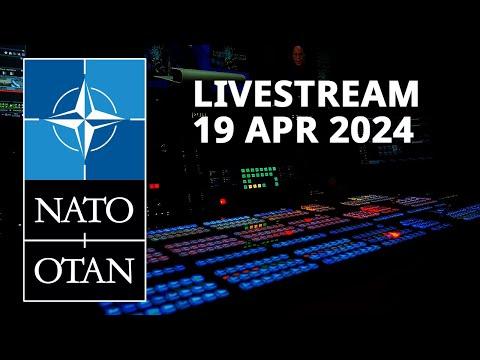
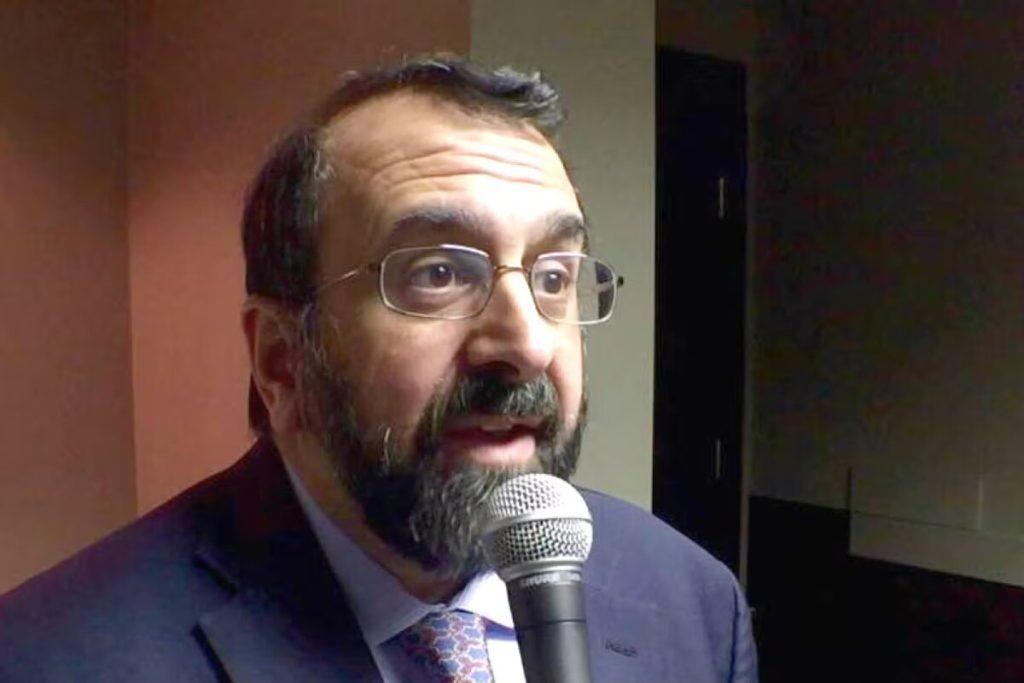

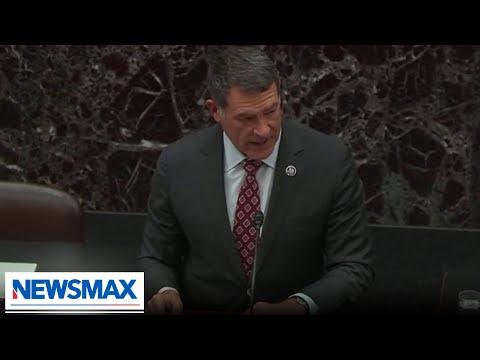











Comments